The United Nations peacekeeping chief has raised alarms over the escalating conflict in Sudan, warning that it is spilling into the Central African Republic (CAR), further destabilizing an already volatile region. Undersecretary-General Jean-Pierre Lacroix informed the UN Security Council that a recent attack near the Sudan-CAR border, which resulted in the death of a UN peacekeeper, was carried out by “armed Sudanese elements.” This marks the first official identification of Sudanese armed fighters as responsible for such an attack.
UN Secretary-General Antonio Guterres also highlighted the gravity of the situation in a report to the Security Council. He noted that vehicles suspected to belong to Sudan’s Rapid Support Forces (RSF) have been observed multiple times in areas of CAR where UN peacekeepers are deployed, particularly in the Am Dafok and Aouk regions.
Guterres stated, “In the northeast [of CAR], armed incursions linked to the conflict in Sudan continued.”
Sudan has been embroiled in a civil war since April 2023, when clashes erupted between the country’s armed forces and the RSF. The conflict has led to over 24,000 deaths, displaced approximately 13 million people, and caused widespread famine and disease. Both factions have faced accusations of war crimes. In contrast, CAR has been grappling with its own internal conflict since 2013, when predominantly Muslim rebels ousted then-President François Bozizé. Despite progress in peace talks, violence from armed groups continues to threaten stability and pose significant risks to civilians.
Lacroix emphasized the collaborative efforts between the CAR government and the UN’s peacekeeping operation, MINUSCA, to extend and enhance security throughout the country, particularly in border regions. However, he cautioned that the security situation remains precarious, especially in northeastern border areas, where instability is exacerbated by the spillover of the Sudanese conflict.
With general elections scheduled for December, Lacroix highlighted the importance of political reconciliation to strengthen democratic governance and national stability. He noted that the political landscape is currently marked by mistrust and tensions between the ruling majority and opposition, making the upcoming elections a “crucial opportunity” to promote reconciliation and consolidate stability.
The international community continues to monitor the situation closely, recognizing the interconnectedness of regional conflicts and the imperative to address the root causes of instability to prevent further escalation.

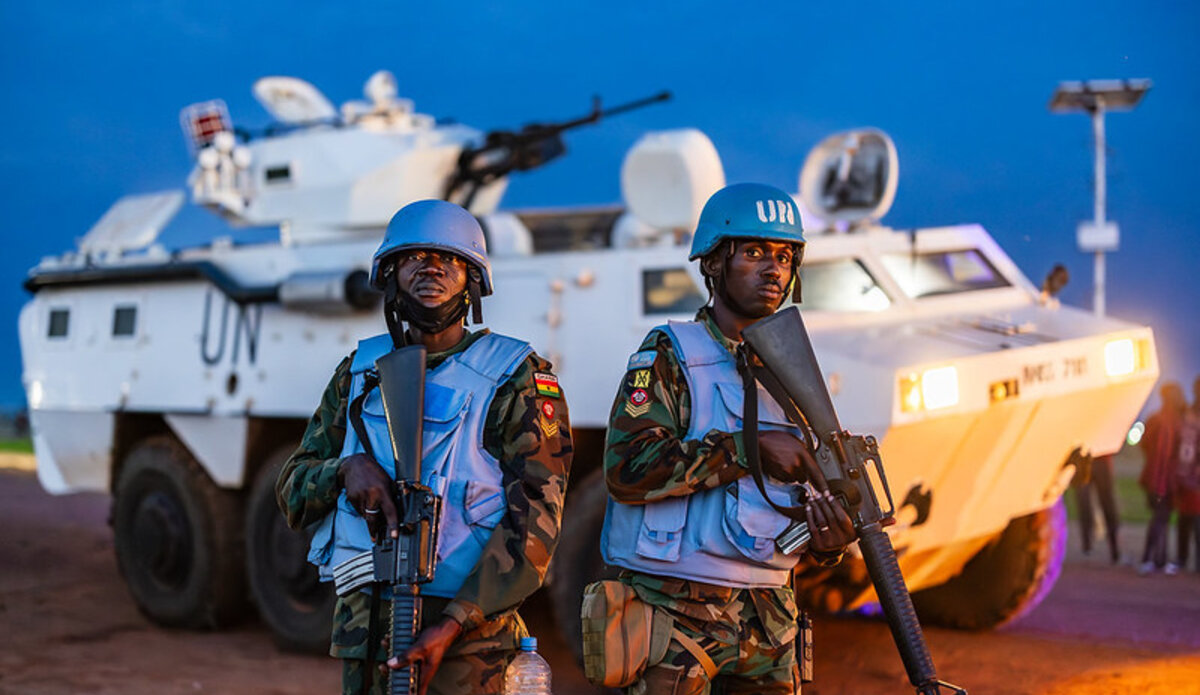


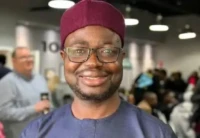


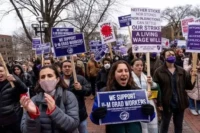
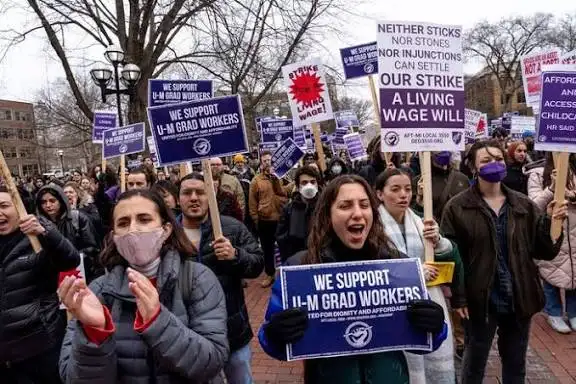

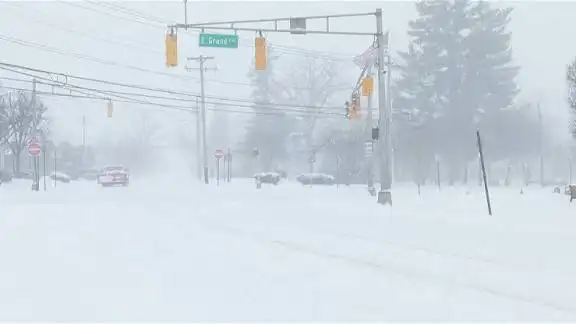
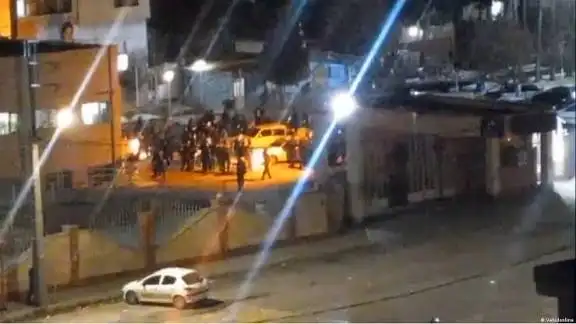
Leave a comment